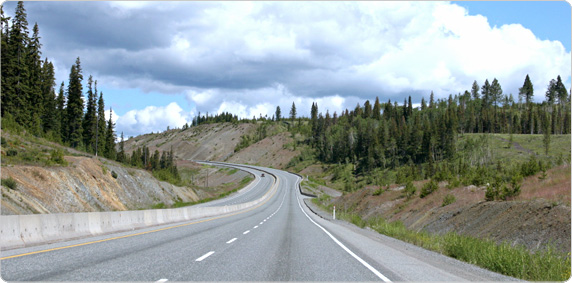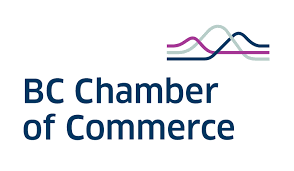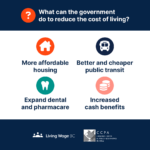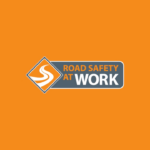Drivers advised to pull over to rest when fatigue kicks in during a holiday trek
In a recent ICBC survey, an alarming 30 per cent of respondents admitted that they have nodded off while driving and 43 per cent admitted to driving while feeling fatigued in the last year.
In B.C., crashes involving driver fatigue peak in July and August and as a result, an average of four people are killed and 83 injured each of these months.
The highest number of these crashes occur on Saturdays and Sundays from 3-9 a.m.
Over the B.C. Day long weekend, on average, 90 people are injured in 360 crashes in Southern Interior every year.
The hot summer weather we’re experiencing and long drives can be a dangerous combination that can cause fatigue. Fatigue slows a driver’s reaction time, decreases awareness and impairs judgment. Even a slight decrease in reaction time can greatly increase your risk of crashing especially when travelling at highway speeds.
That’s why ICBC, the B.C. government and police are urging drivers to plan ahead to reduce their risk on the road this long weekend. Over the B.C. Day long weekend, on average, four people are killed and 530 injured in 1,940 crashes throughout the province every year.**
“We want everyone to stay safe on our roads this long weekend,” said Todd Stone, Minister of Transportation and Infrastructure.
“If you’re setting off on a road trip, visit http://www.drivebc.ca/ to check road and weather conditions so you can plan your route and rest breaks and reduce your risk of driver fatigue.”
“We typically think of drugs and alcohol causing impairment, but fatigue is equally as dangerous,” said Suzanne Anton, Attorney General and Minister of Justice.
“Being tired behind the wheel can affect your response time and make steering and staying in your own lane extremely difficult – all of which can put lives at risk. We urge all drivers in B.C. to stay alert on our roads and have a safe summer.”
“Many people are staying up late the night before to prepare for their long weekend trip and, even after working all day on Friday, plan to drive a long distance to their weekend getaway,” said Chief Constable Jamie Graham, Chair of the B.C. Association of Chiefs of Police Traffic Safety Committee.
“This puts them at a high risk for driver fatigue which is a very serious impairment. Police will be out looking for unsafe drivers across the province this long weekend.”
“We don’t often realize the extent of our own fatigue so it’s important to recognize the warning signs,” said John Dickinson, ICBC’s director of road safety. “If you’re heading out on a road trip this summer, make sure you get plenty of rest.
If you’re feeling tired, pull over when it’s safe to do so and take a nap. If possible, plan to share the driving with one of your passengers.”
Here are some tips from ICBC to help keep you safe on the road:
-
Plan your journey: Get a good sleep the night before you leave on a long trip and know the route you’re going to take so you can plan to stop at rest points along the way. Try to take a break from driving every two hours on long road trips and avoid driving during the night when you’d normally be asleep. Long weekends always mean more vehicles on the road so plan ahead by checking road and weather conditions on http://www.drivebc.ca/.
-
Know the signs: We don’t often sense the degree of our own fatigue when we’re driving so it’s important to learn the warning signs:
– You don’t notice a vehicle until it suddenly passes you.
– You don’t recall driving the last few kilometres.
– You’re yawning or daydreaming.
– Your driving speed creeps up or down.
– You find yourself wandering into the next lane.
– Your eyes feel heavy or you have difficulty keeping your head up
- Take a break: Pull over as soon as you start to feel drowsy. Get out and walk around to get some fresh air. If that’s not enough, pull over to a safe area, turn off your car and take a nap. ICBC’s survey also found that 63 per cent of respondents open windows or turn on air conditioning or a fan to keep themselves awake while driving. These are not effective strategies. The only cure for sleepiness is sleep – it’s better to arrive late than not at all.



























Comments